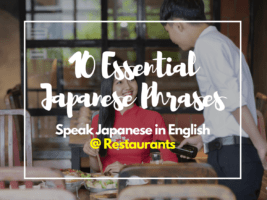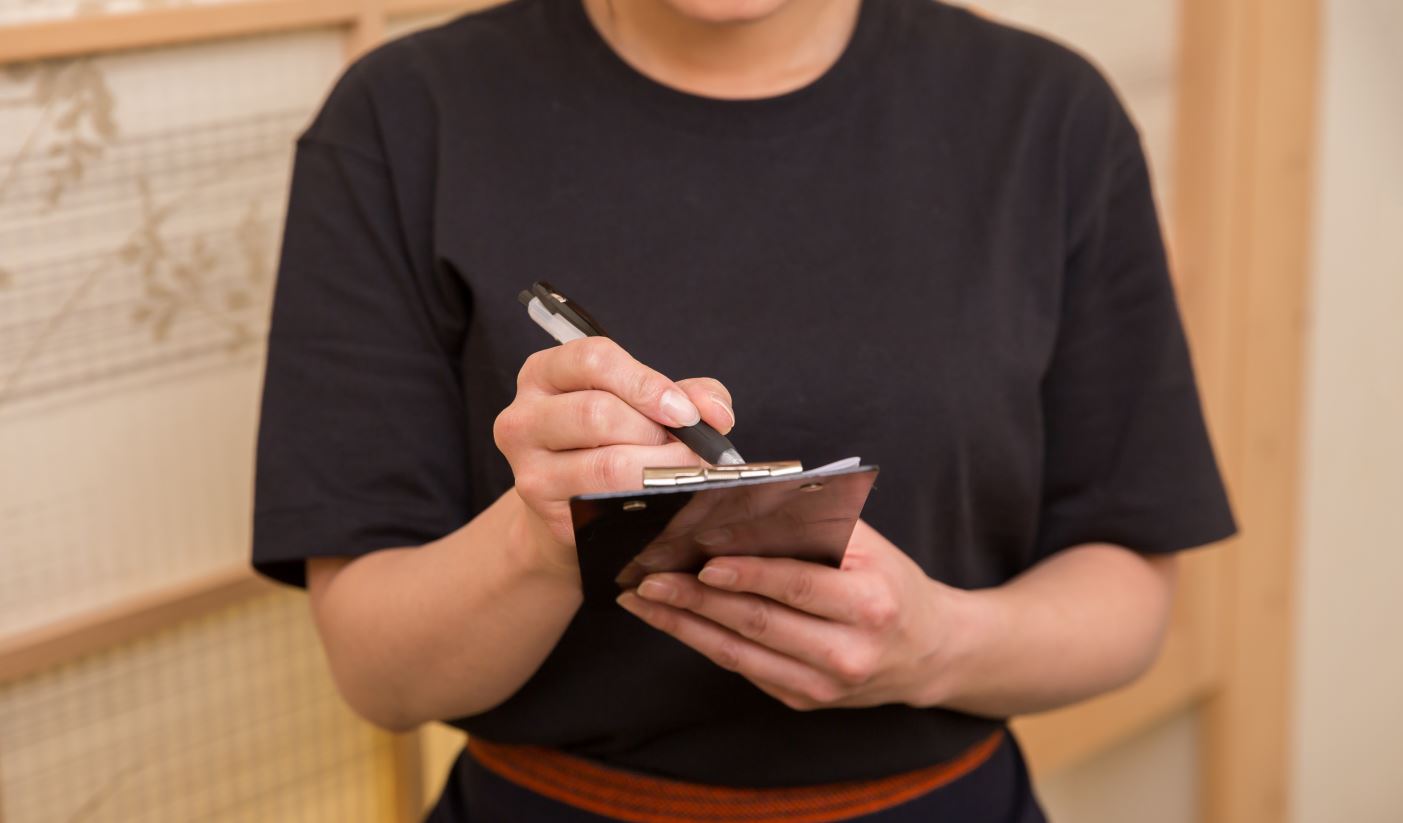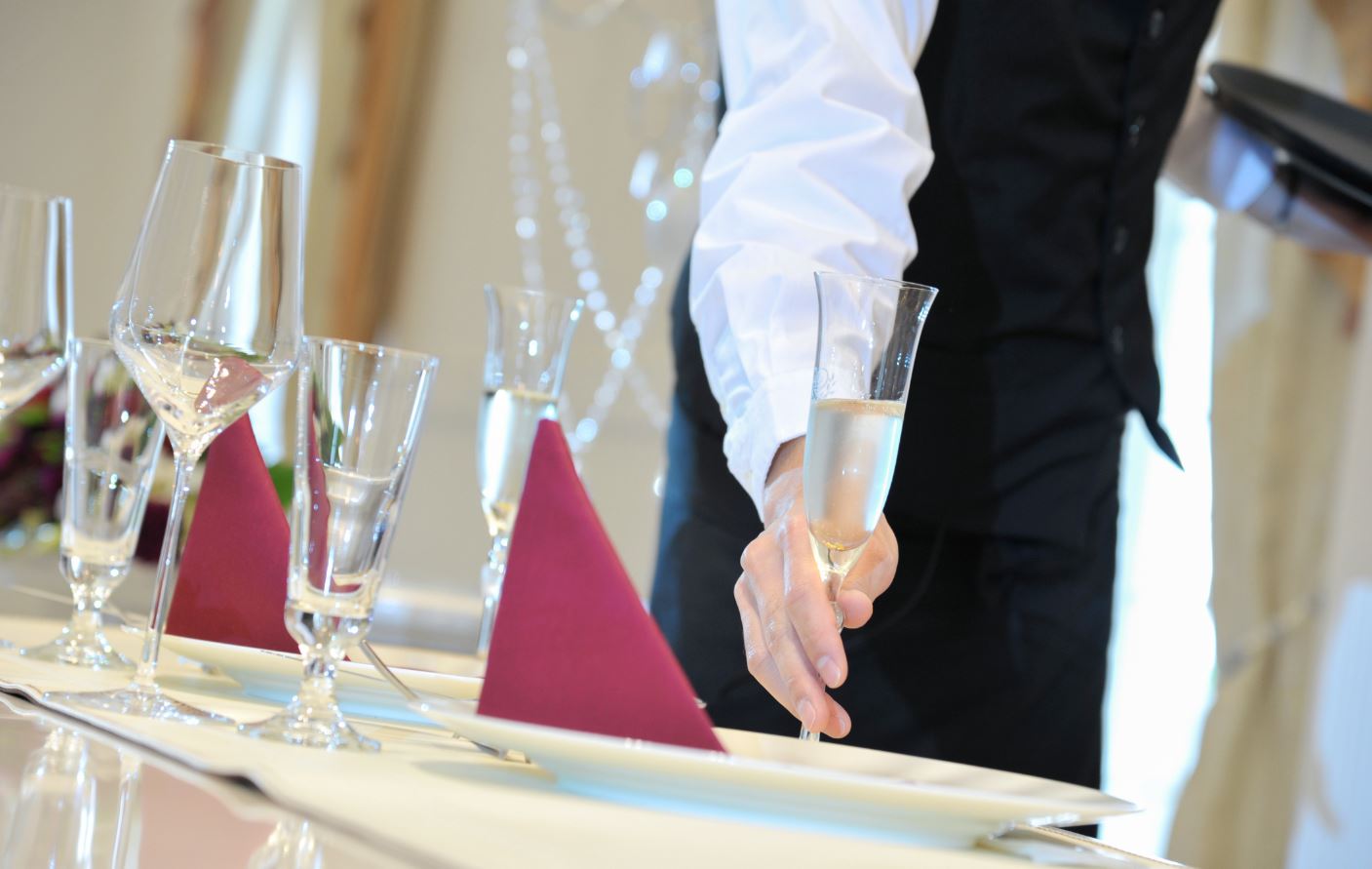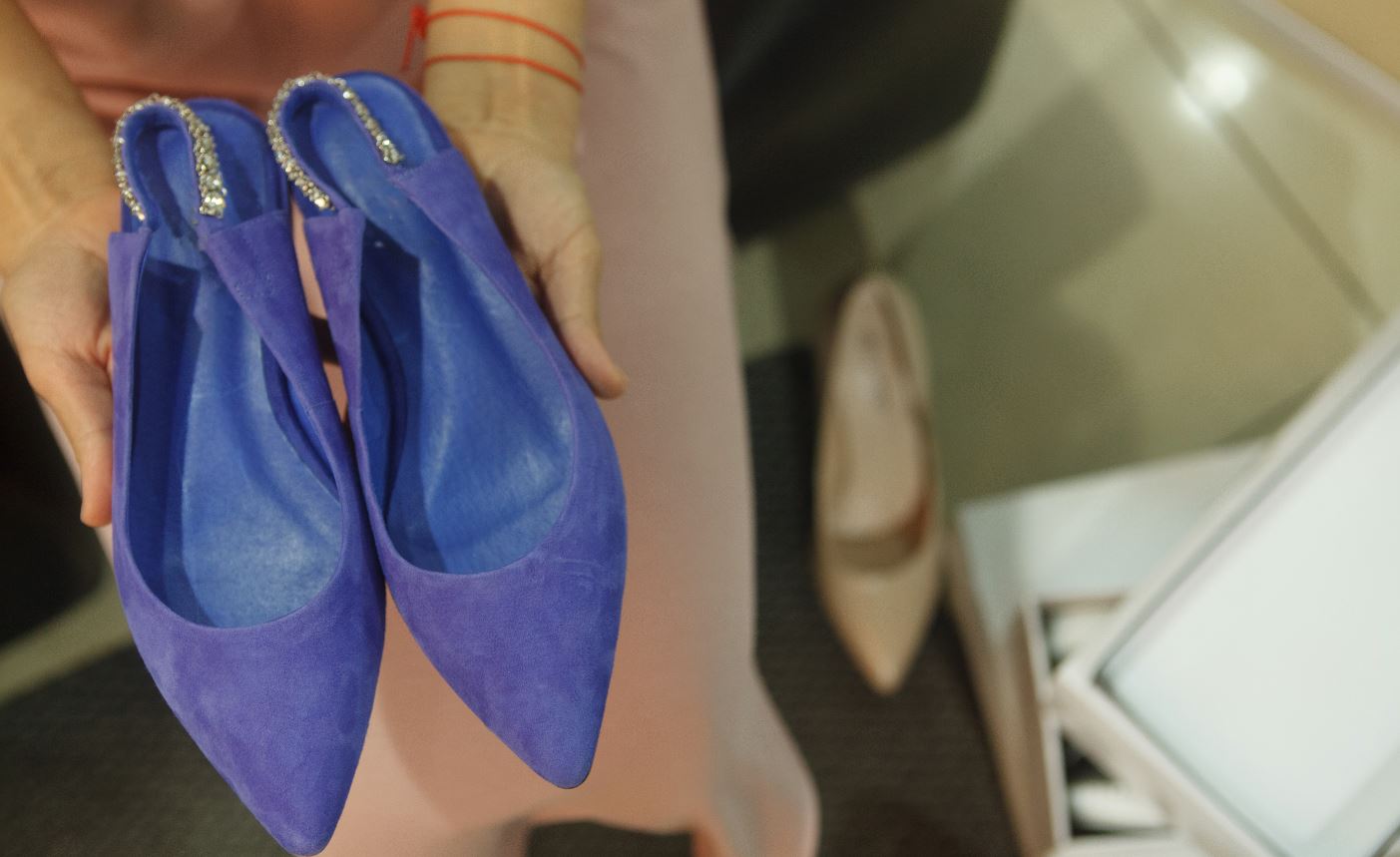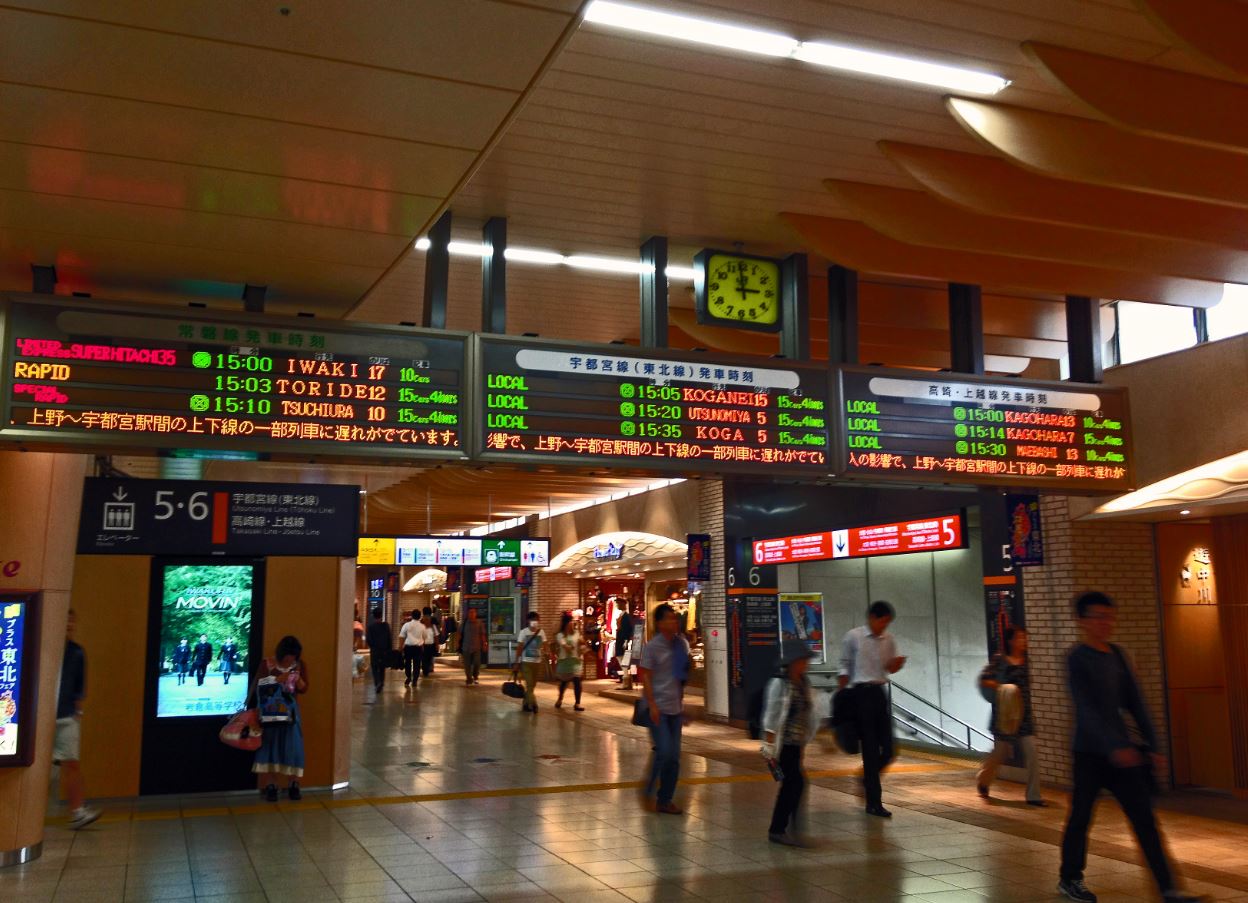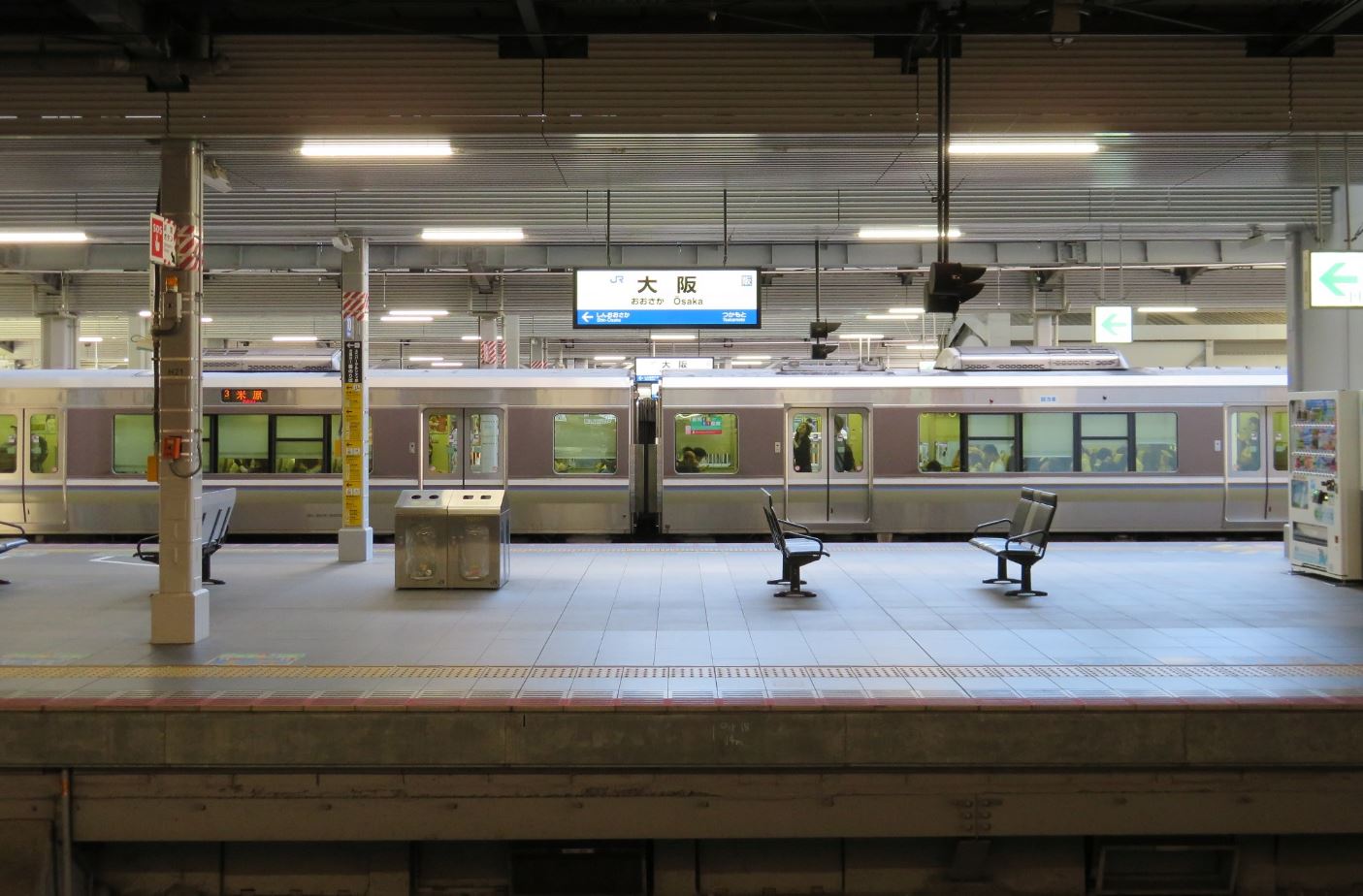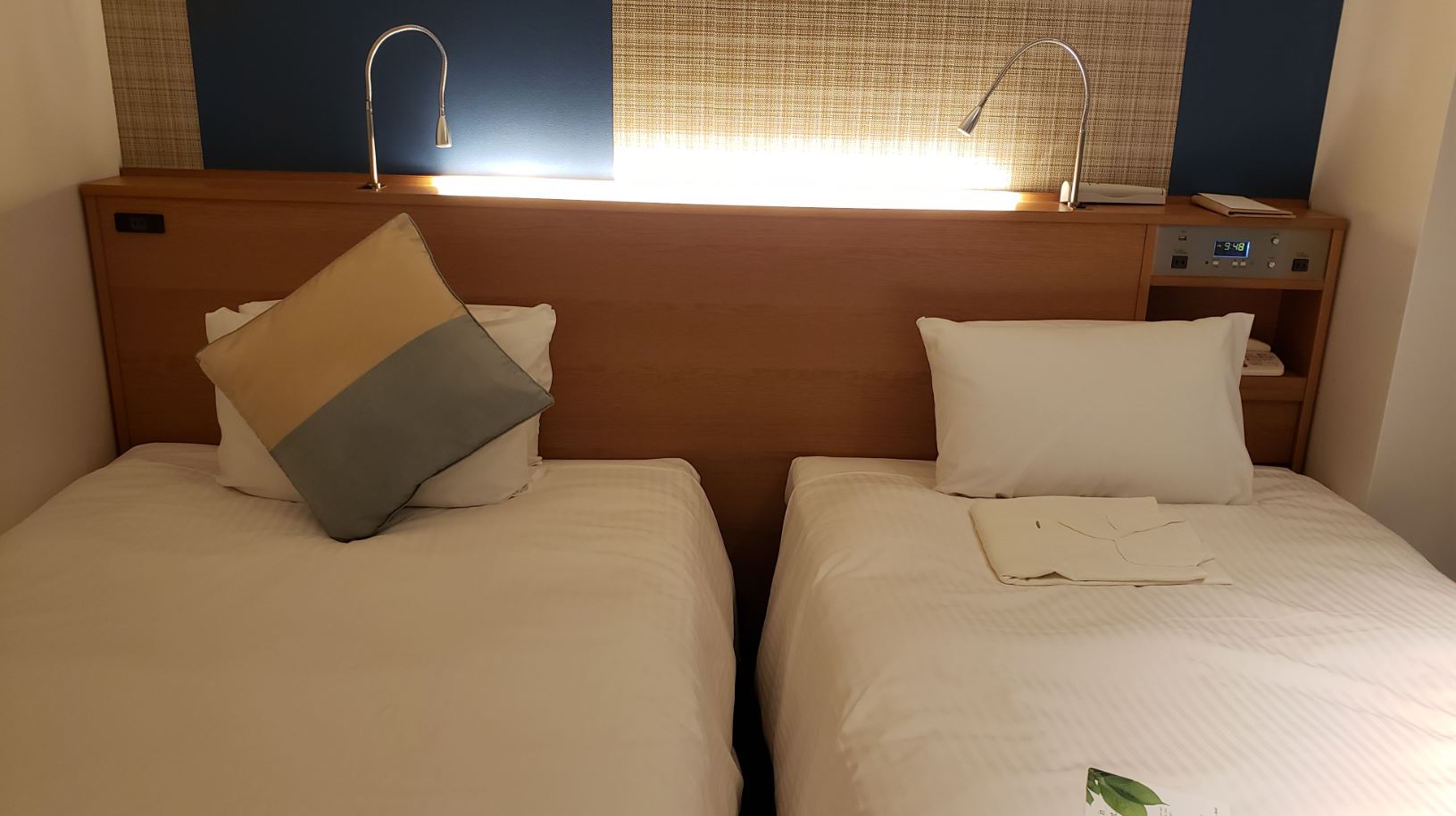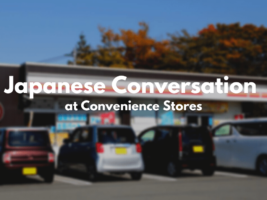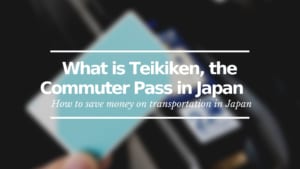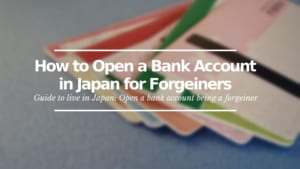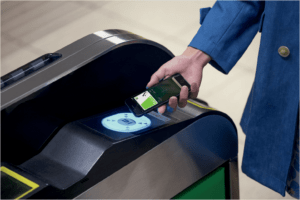List of Useful Japanese Phrases by Situation
Japanese conversation for varying occasions
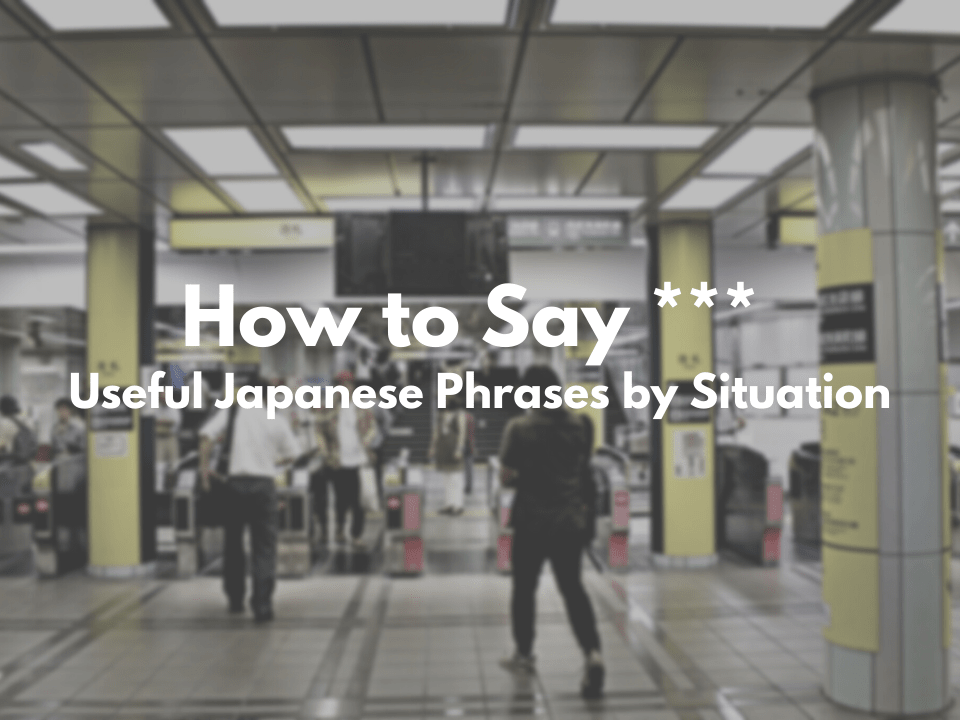
One of the things that most foreign visitors struggle with when they come and visit Japan is Japanese conversation.
Although many popular tourist places will have people who can understand and speak in English, you may be surprised at how many places don’t have English-speaking staff, even within the city.
If you enter a restaurant or a shop and it happens to be a place where the staff doesn’t understand English, things can get confusing and awkward.
Therefore, I think it’s a good idea to know some basic phrases in Japanese so that you won’t have to panic every time you need to interact with a shop or restaurant employee.
In this article, I will introduce to you Japanese phrases that may be spoken to you and how to respond. I will also introduce to you some Japanese phrases you might want to use in varying scenarios.
I hope this helps you.
At a restaurant
Although many restaurants in Japan can be enjoyed without that much Japanese interaction (e.g. many restaurants have machines where you can buy a ticket of whatever you want to order), you will be needing some Japanese language knowledge when you go to a formal restaurant.
When calling a waiter, you can either say “Suimasen” which means “excuse me”, or you can just raise your hand while making eye contact.
Phrases the employee might say (and how to respond)
1. “Irasshaimase!” (いらっしゃいませ!): Welcome!
This is the first thing you will hear when you enter a restaurant. You don’t need to answer or say anything. If you notice the employee is smiling at you, you may slightly nod.
2. “Nan mei sama desuka?” (何名様ですか?): how many people?
After greeting you by saying “Irasshaimase”, they will ask you haw many people are in your party.
Another way they could ask this same question is “Nan nin desuka?” (何人ですか?).
To answer this, choose the number of people from the following.
- “Hitori desu” (一人です): One person
- “Futari desu” (二人です): Two people
- “San nin desu” (三人です): Three people
- “Yo nin desu” (四人です): Four people
- “Go nin desu” (五人です): Five people
3. “Kin en seki de yoroshi-desuka?” (禁煙席で宜しいですか?): Is a non-smoking seat good for you?
Nowadays, many restaurants don’t even have smoking areas anymore. But if they do have smoking areas, they will ask you this.
Another way they could ask is “tabako wa suwaremasuka?” Which means “Do you smoke?”. There are many ways they could ask this question, so what I would recommend is to identify if they say the word “Kin en” or “Tabako”. If you’re able to identify these words, answer in the following way.
- “Tabako suimasu” (タバコ吸います): I smoke
- “Tabako suimasen” (タバコ吸いません): I don’t smoke
4. “Onomimono wa okimari desuka?” (お飲み物はお決まりですか?): Have you decided on your drinks?
After you have seated and looked at the menu for a while, they’ll ask you this.
Another way they could ask this same question is “Gochu-mon wa okimari desuka?” (ご注文はお決まりですか?) which means “Have you decided on your order?”.
If you’ve decided, just say “Hai” (はい) which means “Yes” and order. If you haven’t made up your mind yet, then say “Mou sukoshi jikan wo kudasai” (もう少し時間をください) which means “We need a little more time, please”.
5. “Onomimono wa itsu omochi shimashouka?” (お飲み物はいつお持ちしましょうか?): When would you like for me to bring your drinks?
Usually, they will ask you this at a cafe or if you order coffee or tea at a restaurant.
To answer, use the following phrases.
- “Shokuzen ni onegaishimasu” (食前にお願いします): Please bring it before the food
- “Shokuji to issho ni onegaishimasu” (食事と一緒にお願いします): Please bring it with the food (at the same time)
- “Shokugo ni onegaishimasu” (食後にお願いします): Please bring it after the food
6. “Tsuika no gochu-mon arimasuka?” (追加のご注文ありますか?): Whould you like to order something else?
They might ask you this at a bar or Izakaya if your glass is empty.
To answer yes, just say “Hai” (はい) and order. If you don’t want to order yet, say “Mada daijoubu desu” (まだ大丈夫です) which means “I’m fine right now”.
7. “Arigatou gozaimashita!” (ありがとうございました!): Thank you very much!
When you’re leaving a restaurant they say this to you, you can answer “Gochisou sama deshita” (ごちそうさまでした) which is the Japanese way of saying “Thank you for the food”. You can actually say this even before they say thank you.
Useful phrases (How to say 〇〇)
1. “I have a reservation”: “Yoyaku wo shimashita” (予約をしました)
2. “Non-smoking seat, please”: “Kin en seki wo onegai shimasu” (禁煙席をお願いします)
If you want a “Smoking seat”, then replace “Kin en seki” with “Kitsu en seki”.
3. “May I have the menu, please?”: “Menyuu onegai shimasu” (メニューお願いします)
4. “Do you have an English menu?”: “Eigo no menyuu wa arimasuka?” (英語のメニューはありますか?)
5. “Do you serve vegetarian food?”: “Bejitarian taiou shiteimasuka?” (ベジタリアン対応してますか?)
You can also replace “Bejitarian” with the following.
- “Biigan” (ビーガン): Vegan
- “Hararu” (ハラル): Halal
6. “I will have this, please”: “Kore kudasai” (これください)
7. “With no ice, please”: “Ko-ri nashi de onegaishimasu” (氷なしでお願いします)
8. “Whats your recommendation?”: “Osusume wa nandesuka?” (おすすめはなんですか?)
9. “How much does this cost?”: “oikura desuka?” (おいくらですか?)
10. “I have 〇〇 allergy”: “Watashi wa 〇〇 arerugii desu” (私は〇〇アレルギーです)
- “Tamago” (たまご): Egg
- “Ebi” (エビ): Shrimp
- “Piinattsu” (ピーナッツ): Peanut
- “Guruten” (グルテン): Gluten
11. “Is there 〇〇 in this?”: “Kore ni 〇〇 haitte masuka?” (これに〇〇入ってますか?)
- “Wasabi” (わさび): Wasabi
- “Nin niku” (にんにく): Garlic
- “Niku” (肉): Meat
12. “Please don’t put 〇〇 in it, please”: “〇〇 nashi de onegaishimasu” (〇〇なしでお願いします)
- “Wasabi” (わさび): Wasabi
- “Nin niku” (にんにく): Garlic
13. “Is this spicy?”: “Kore wa karai desuka?” (これは辛いですか?)
14. “I dropped my 〇〇”: “〇〇 otoshimashita” (〇〇落としました)
- “Ohashi” (お箸): Chopsticks
- “Supu-n” (スプーン): Spoon
- “Fo-ku” (フォーク): Fork
15. “Excuse me, may I order?” (for when you want to order something afterwards): “Suimasen, tsuika chu-mon onegai shimasu” (すいません、追加注文お願いします)
16. “Can I have some water, please?”: “Omizu kudasai” (お水ください)
17. “Check, please”: “Okaikei onegaisimasu” (お会計お願いします)
18. “Thank you for the meal”: “Gochisou sama deshita” (ごちそうさまでした)
Restaurant Vocabulary
- “Ohashi” (お箸): Chopsticks
- “Supu-n” (スプーン): Spoon
- “Fo-ku” (フォーク): Fork
- “Onomimono” (お飲み物): Drink
- “Omizu” (お水): Water
- “Ko-hi-” (コーヒー): Coffee
- “Ocha” (お茶): Tea
- “Okaikei” (お会計): The bill (Check)
- “Oshibori” (おしぼり): Hand towel
When Shopping
In many cases, you won’t need to have that much interaction with a shop employee. But depending on what you’re buying, you may want to ask questions to the people in the shop.
When you’re at a shop and want to ask something to the employee, you can just say “Suimasen” which means “excuse me”.
Phrases the employee might say (and how to respond)
1. “Irasshaimase!” (いらっしゃいませ!): Welcome!
This is the first thing you will hear when you enter a shop. You don’t need to answer or say anything. If you notice the employee is smiling at you, you may slightly nod.
2. “Nanika osagashi desuka?” (何かお探しですか?): Are you looking for something in particular?
As in pretty much every shop in the world, this is the first thing they will ask you.
To answer, if you’re actually looking for something, you can say “Hai” (はい) which means “Yes” followed by “〇〇 wa arimasuka?” (〇〇はありますか?) which means “Do you have 〇〇?”.
Or, if you’re not looking for something in particular, then say “Mite iru dake desu, arigatou” (見ているだけです、ありがとう) which means ” I’m just looking around, thanks”.
3. “Goshichaku nasai masuka?” (ご試着なさいますか?): Would you like to try it on?
If you’re at a clothing shop, it is very likely that they will ask you this when you seem interested in an item.
If the answer is “yes” then say “Hai, onegaishimasu” (はい、お願いします) which means “Yes, please”. Or if you’re not interested, you can just say “Daijoubu desu” (大丈夫です) whcih means “No, thank you”.
4. “Hoka ni osagashi no mono wa arimasuka?” (他にお探しのものはありますか?): Are you looking for anything else?
Let’s say you were asking the shop person about a product, and you decide to purchase it. It is very probable that they will ask you this.
If the answer is “yes”, you can say “Hai” (はい) followed by “〇〇 wa arimasuka?” (〇〇はありますか?) which means “Do you have 〇〇?”. Or, if you’re set you can say “Soredake desu. arigatou” (それだけです、ありがとう) which means “That’s all, thank you”.
Useful phrases (How to say 〇〇)

2. “How much is this?”: “Kore wa ikura desuka?” (これはいくらですか?)
3. “Do you have it in another color?”: “Hoka no iro wa arimasu ka?” (他の色はありますか?)
4. “Do you have it in 〇〇 size?”: “〇〇 saizu wa arimasuka?” (〇〇サイズはありますか?)
- “Esu saizu”: S size
- “Emu saizu”: M size
- “Eru saizu”: L size
- “Ekkusu eru saizu”: XL size
5. “I want two of these”: “Kore wo futatsu kudasai” (これを2つください)
- “Hitotsu” (一つ): One of those
- “Futatsu” (二つ): Two of those
- “Mittsu” (三つ): Three of those
- “Yottsu” (四つ): Four of those
- “Itsutsu” (五つ): Five of those
6. “may I see that one?”: “Are wo mitemo ii desuka?” (あれを見てもいいですか?)
7. “Can I try it on?”: “Shichaku shitemo ii desu ka?” (試着してもいいですか?)
8. “Could you gift-wrap it, please?”: “Rappingu shite kuremasu ka?” (ラッピングしてくれますか?)
9. “Do you take credit cards?”: “kurejitto ka-do wa tsukaemasuka?” (クレジットカードは使えますか?)
10. “can I have a receipt, please?”: “Reshi-to wo kuremasu ka?” (レシートをくれますか?)
At a train station
Train stations are another place where foreign visitors tend to struggle at the beginning. Here are some phrases you may want to know.
When you’re at a train station and want to ask something to the employee, you can just say “Suimasen” which means “excuse me”.
Useful phrases (How to say 〇〇)
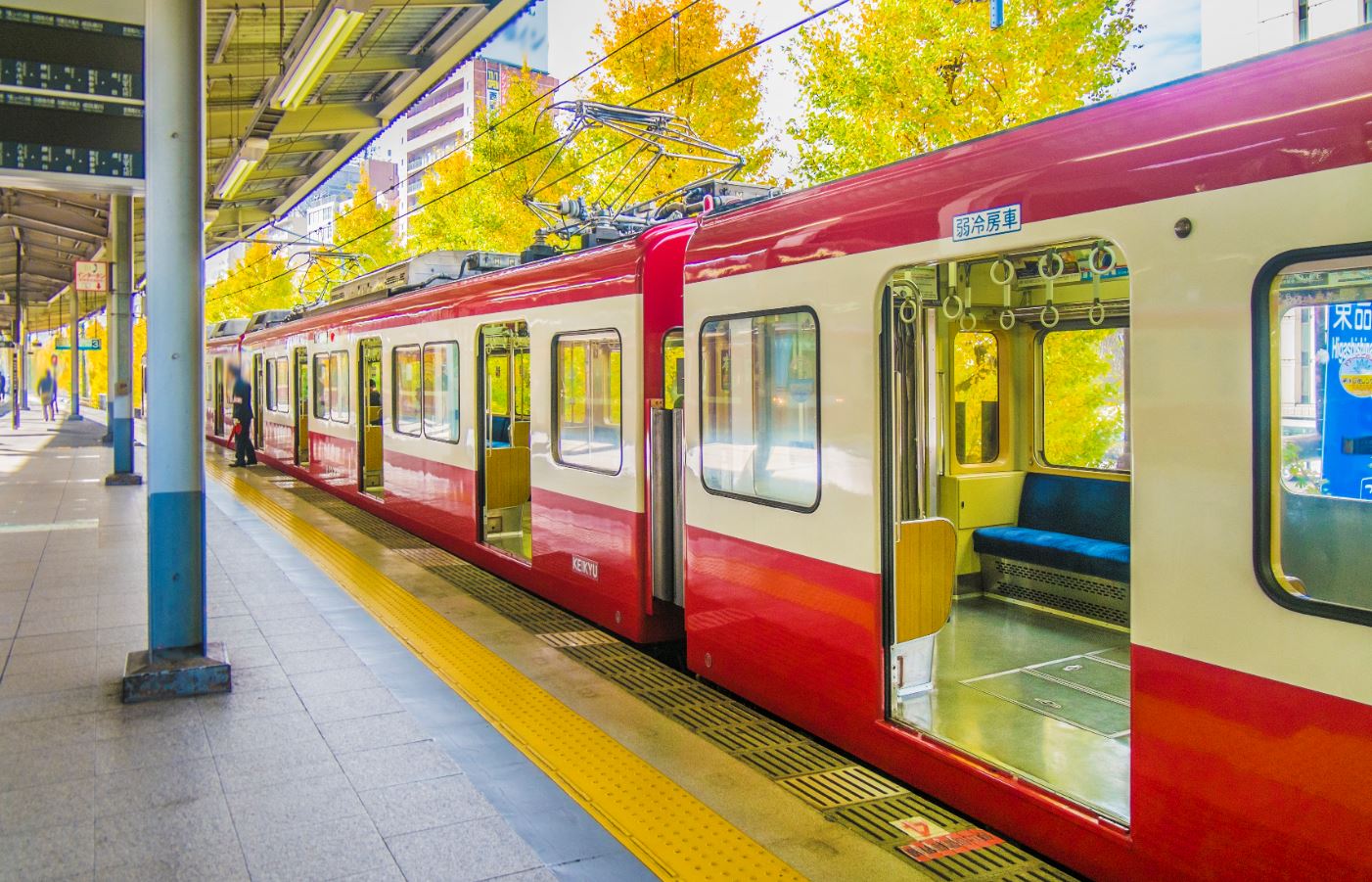
2. “Where can I find 〇〇”: “〇〇 wa doko desuka?” (〇〇はどこですか?)
- “Toire” (トイレ): Bathroom
- “E-ti-emu” (ATM): ATM
- “Koin rokka-“ (コインロッカー): Coin locker
3. “Which is the train heading to 〇〇”: “〇〇 iki no densha wa dore desuka?” (〇〇行きの電車はどれですか?)
4. “When is the next train heading to 〇〇?”: “〇〇 iki no tsugi no densha wa nanji desuka?” (〇〇行きの次の電車は何時ですか?)
5. “I lost my 〇〇”: “〇〇 wo nakushimashita” (〇〇をなくしました)
- “Kippu” (切符): Ticket
- “Saifu” (財布): Wallet
- “Keitai denwa” (携帯電話): Cellphone
Train station Vocabulary
- “kippu” (切符): Ticket
- “kenbaiki” (券売機): Ticket vending machine
- “kaisatsu guchi” (改札口): Ticket gate
- “deguchi” (出口): Exit
- “puratto fo-mu” (プラットフォーム): Train platform
- “Eki in” (駅員): Station employee
- “Shihatsu” (始発): First train of the day
- “Shu-den” (終電): Last train of the day
- “kaku eki densha” (各駅電車): Local train
- “kyu-ko densha” (急行電車): Express train
- “Tokkyu densha” (特急電車): Limited express train
At a hotel
Hotels are another place where you might need to use some Japanese speaking.
Here are some of the most used phrases that you might want to use.
When you’re at a hotel and want to ask something to the employee, you can just say “Suimasen” which means “excuse me”.
Useful phrases (How to say 〇〇)
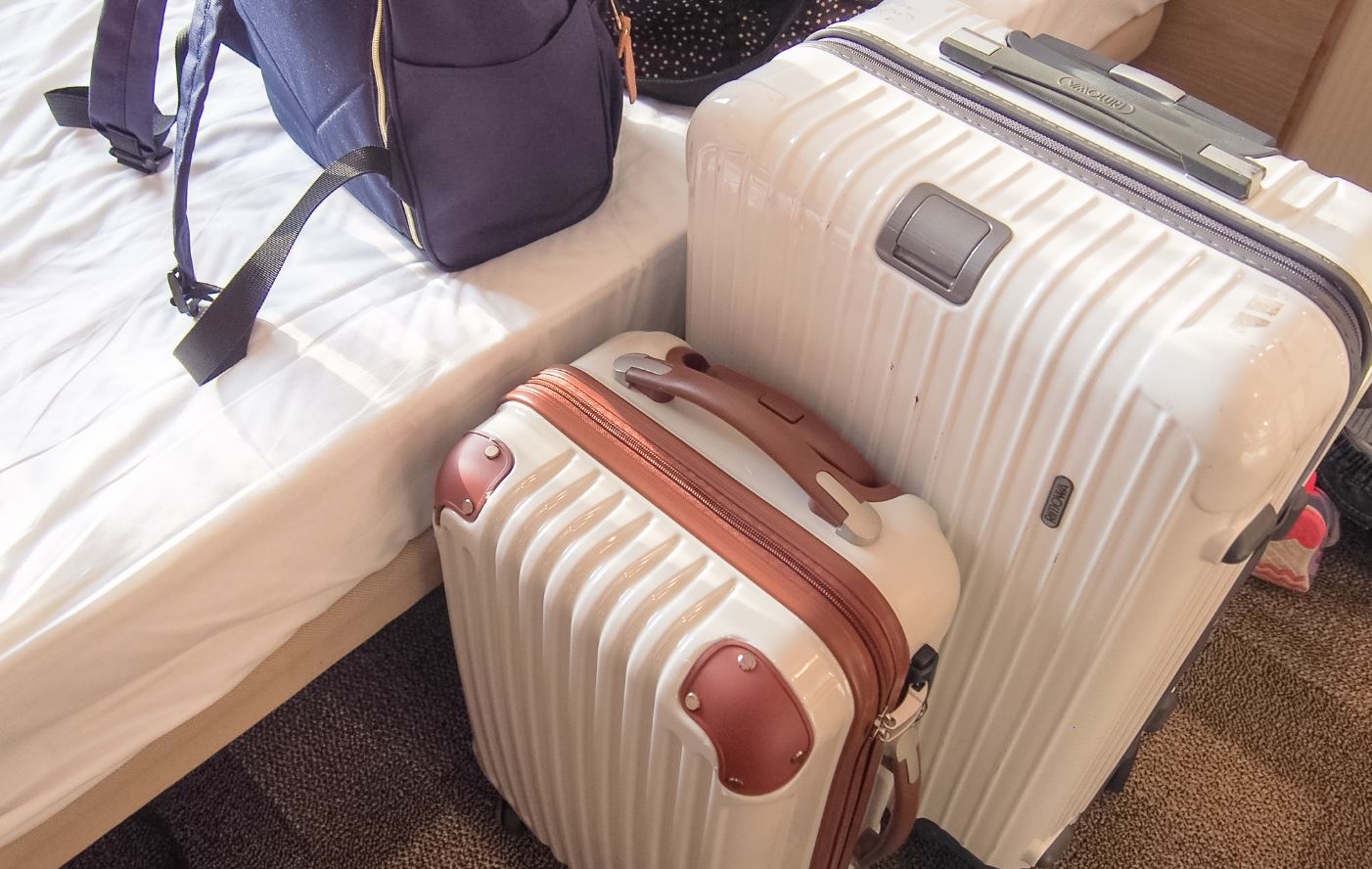
2. “What’s the WiFi password?”: “WiFi no pasuwa-do wa nan desuka?” (WiFiのパスワードはなんですか?)
3. “What time is 〇〇”: “〇〇 wa nanji desuka?” (〇〇は何時ですか?)
- “Choushoku” (朝食): Breakfast
- “Chekku auto” (チェックアウト): Check out
- “Ofuro” (お風呂): Public bath
- “Onsen” (温泉): Hot spring bath
- “Puuru” (プール): Pool
- “Shatoru basu” (シャトルバス): Shuttle bus
4. “Where can I find 〇〇”: “〇〇 wa doko desuka?” (〇〇はどこですか?)
- “E-ti-emu” (ATM): ATM
- “Konbini” (コンビニ): Convenience Store
- “Onsen” (温泉): Hot spring bath
- “pu-ru” (プール): Pool
- “Kitsuen jo” (喫煙所): Smoking area
5. “Do you have 〇〇?”: “〇〇 wa arimasuka?” (〇〇はありますか?)
- “E-ti- emu” (ATM): ATM
- “Denshi renji” (電子レンジ): Microwave
- “Koori” (氷): Ice (Ice machine)
- “Jihanki” (自販機): Vending machine
6. “Can I leave my luggage here?”(if you get to the hotel lobby before check-in time): “Nimotsu wo azuketemo ii desuka?” (荷物を預けてもいいですか?)
7. “How can I get to 〇〇”: “〇〇 ni ikitai desu. Do-shitara ii desuka?” (〇〇に行きたいです。どうしたらいいですか?)
8. “I lost my room key”: “Heya no kagi wo nakushimashita” (部屋の鍵をなくしました)
9. “I left my 〇〇” (if you forgot something after check-out): “〇〇 wo wasuremashita” (〇〇を忘れました)
- “Saifu” (財布): Wallet
- “Keitai denwa” (携帯電話): Cellphone
- “Ju-denki” (充電器): Charger
Hotel Vocabulary
- “Shatoru basu” (シャトルバス): Shuttle bus
- “Chou shoku” (朝食): Breakfast
- “Yu shoku” (夕食): Dinner
- “Heya” (部屋): Room
- “Kagi” (鍵): Key
- “Yoyaku” (予約): Reservation
- “Chekku in” (チェックイン): Check in
- “Chekku auto” (チェックアウト): Check out
- “Nimotsu” (荷物): Lugage
- “Ru-mu sa-bisu” (ルームサービス): Room service
For more useful Japanese phrases at a hotel, Check out the following link!
▶ Useful Japanese Phrases to use at Hotels
Other useful phrases (How to say 〇〇)
1. “Do you understand English?”: “Eigo wakarimasuka?” (英語わかりますか?)
2. “Sorry, i dont understand Japanese”: “Sumimasen, Nihongo wakarimasen” (すみません、日本語わかりません)
3. “Where is 〇〇”: “〇〇 wa dokodesuka?” (〇〇はどこですか?)
- “Toire” (トイレ): Bathroom
- “Eki” (駅): Train Station
- “E-ti-emu” (ATM): ATM
4. “Do you have wifi here?”: “Wai fai arimasuka?” (WiFiありますか?)
5. “I understand, thank you”: “Wakarimashita, arigatou gozaimasu” (わかりました、ありがとうございます)
6. “I’m sorry, I don’t understand”: “Suimasen, wakarimasen” (すいません、わかりません)
7. “May I take pictures here” (at a tourist site or museum): “Shashin tottemo daijoubu desuka?” (写真撮っても大丈夫ですか?)
8. “Could you take a picture of me(us), please?”: “Shashin wo totte moraemasen ka?” (写真を撮ってもらえませんか?)
9. “What is this?”: “Kore ha nan desuka?” (これは何ですか?)
I hope this article helps you when you come to visit Japan or if you are planning on living in Japan in the near future.
Want to know more tips for living in Japan? Check out the following articles!
▽Related Articles▽
▼Editor’s Picks▼
Written by
Born and raised in Costa Rica, I started living in Tokyo from college. I love traveling within Japan & around the world. Since I wasn’t born in Japan, I know the cultural impact that you can get when visiting Japan for the first time and what you might be worried about before your trip. And I’ve lived long enough to somewhat understand the nuances of the Japanese culture that make this country such an attractive place to visit. Hopefully I can provide to you both the information you’re looking for and the information you didn’t know you needed to know.





